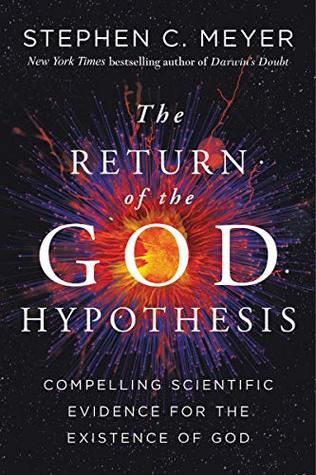“This sensibility carried into the modern secular age, as perhaps best illustrated in our own day by Karl Popper’s . . . method of ‘conjectures and refutations,’ the stronger the better in both cases. We should aspire to understand all of nature by proposing bold hypotheses (something of which we are capable because of the imago dei) but to expect and admit error (something to which we are inclined because of the peccatum originis) whenever we fall short in light of the evidence.”65
Welcome back. Just a moment while we sign you in to your Goodreads account.


